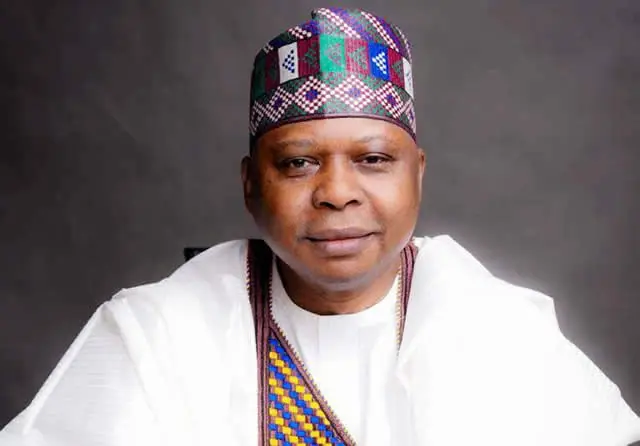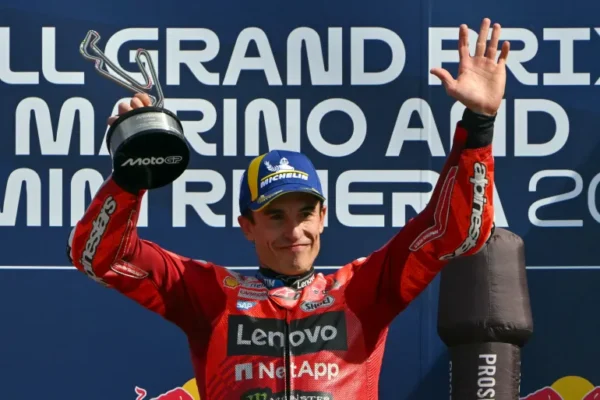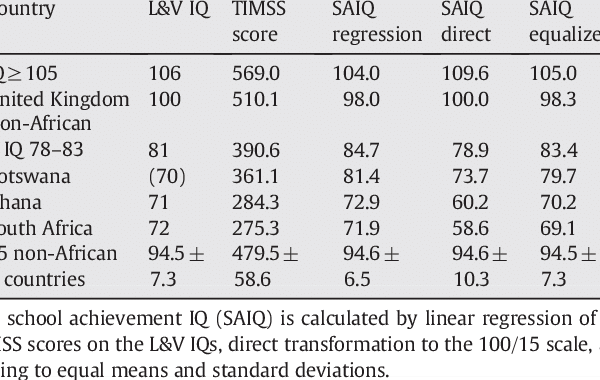
Amorim Accept Any Decision on Records After a Defeat
Rúben Amorim’s tenure as Manchester United manager is under intense scrutiny — and the numbers are not in his favour. Following a lacklustre run of form and mounting pressure from pundits and fans alike, here’s a look at the bleak statistical reality of his reign so far: Amorim’s Premier League win rate stands at just 26%, with 8 wins from 31 games. Among all managers to take charge of 20 or more league matches for United, only Alfred Albut (20%) and Scott Duncan (24%) have lower records. This gives Amorim the worst win percentage in all competitions for any Manchester United manager since World War II. In terms of attacking output, United have failed to score in 13 of those 31 league games and have only managed 36 goals in total. Defensively, United have conceded an average of 1.6 goals per game and have kept just five clean sheets. Former United captain Gary Neville has repeatedly pointed to Amorim’s lack of consistency in his defensive selections — with frequent changes to the back three and back five. Amorim has also struggled against quality opposition. He has only won four of 26 Premier League games against non-promoted sides. Away from home, United have just one win in their last 20 Premier League matches against the traditional “Big Six”, conceding 53 goals across those fixtures. This season has continued in poor fashion. United have just four points from their first four league games (one win, one draw, two losses) — their worst start since the 1992-93 campaign under Sir Alex Ferguson. Since Amorim took over, United have taken only 31 points from 31 league games. Following Tottenham’s recent win over West Ham, United now sit bottom of the table among ever-present Premier League teams based on results during Amorim’s tenure. Roy Keane heavily criticised the team’s attitude after the recent Manchester derby, singling out Luke Shaw and accusing the squad of lacking physical commitment. Gary Neville echoed the concerns, saying Amorim “doesn’t know his best defence.” Despite the criticism, Amorim has defended his approach. “I accept the results… but I won’t change my philosophy,” he said. “I’m suffering more than the fans. I’ll do my best until I’m here.” With results deteriorating and performances raising questions, the pressure on Amorim is reaching a boiling point. The coming weeks may be decisive for both the manager and the club.








